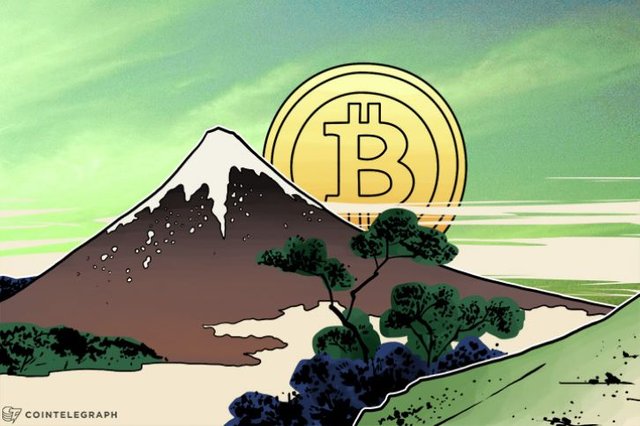Why are countries so afraid of bitcoin? - Marketplace.org
Hello everyone how are you all guys? This is me your messenger who brings the bitcoin news to you.Let's talk about what are the possibility that other countries are going to ban bitcoin or ICOs.

Bitcoin transactions are encrypted and while they can be tracked by involved parties, bitcoin provides a way to keep money and transactions away from the prying eye of the regulators.

“There is a risk that it could be used to fund crime or illicit terrorist activity — anothereason is that it can be a route to circumvent capital controls,” explained Charlie Hayter, founder and CEO of the cryptocurrency data analysis firm CryptoCompare. “Rich Chinese don't want their money stashed in China as if they fall foul of some party apparatchik they can have it all confiscated.”
The People’s Bank of China has claimed that ICOs were a threat to the financial markets’ stability. Thanks to its decision to make ICOs illegal, the bank now has power to “shut down any exchange it wishes for violating their ruling,” according to Strajnar.

“The People’s Bank of China now has a nice environment where it is impossible to comply, allowing it to penalize any issuance or exchange it wants to. Since then they have gone after some less than savoury operators, which is why we have seen news of number of Chinese ICO platforms and exchanges closing down. The top tier exchanges have the resources and procedures to keep their heads above the PBoC water, so to speak,” she said.
Have there been other countries that have taken similar actions?
Among countries to have banned bitcoin in the past are Bangladesh, Bolivia, Ecuador, and Kyrgyzstan. The bans seem to have had little effect on the global bitcoin network.
“These countries are of little consequence to the global cryptocurrency liquidity or global blockchain industry direction,” explained Strajnar.
In 2014, Bangladesh banned use of bitcoin as part of its anti-money laundering efforts.
"Bitcoin is not a legal tender of any country. Any transaction through bitcoin or any other cryptocurrency is a punishable offense," the bank said at the time.

The announcement came just months after Vietnam also banned bitcoin, claiming that virtual currencies are often linked to money laundering and other illegal activities.
Not all countries think banning cryptocurrencies is a way to go. Consider Russia. Earlier this month, the country’s Finance Minister Anton Siluanov said that regulation is the way to go.
"The state understands indeed that cryptocurrencies are real. There is no sense in banning them, there is a need to regulate them," he said. He did however add that investing in cryptocurrencies is risky and insecure.
Reuters, which reported on Siluanov’s comments, also pointed out that the Russian central bank previously “said such currencies were used in illegal operations, such as money laundering, and promised to crack down on the instrument.”
What about the U.S.?
There has been a push to regulate bitcoin in some small ways. For example, in 2014, the IRS ruled that bitcoin should be considered as assets. The decision meant that Americans who owned bitcoin would have to pay taxes on it.
In 2015, Coinbase launched the first U.S.-based licensed exchange for people to trade the cryptocurrency. Now, two and a half years later it’s already run afoul of the IRS by refusing to disclose information about its users who have traded more than $20,000 worth of bitcoin. The two are supposed to face off in court later this year.
The lack of legal support behind bitcoin is also a cause for concern for JPMorgan Chase CEO Jamie Dimon. While speak at a conference last week, Dimon called Bitcoin a fraud and said it would eventually “blow up.”
"Here is a reason: Governments, first thing they do is form a currency. They like to control the currency. They control it through the central bank. They also like to know who has it, where it is, where it’s going ” he told CNBC, pointing out that this is exactly why the People’s Bank of China decided to make ICOs illegal and was winding down some of the exchanges.
SOURCE:
https://www.marketplace.org/2017/09/22/tech/why-are-countries-so-afraid-bitcoin



MY OTHER POST ABOUT BITCOIN IS:
https://steemit.com/cryptocurrancy/@funandmoney/did-china-actually-ban-bitcoin